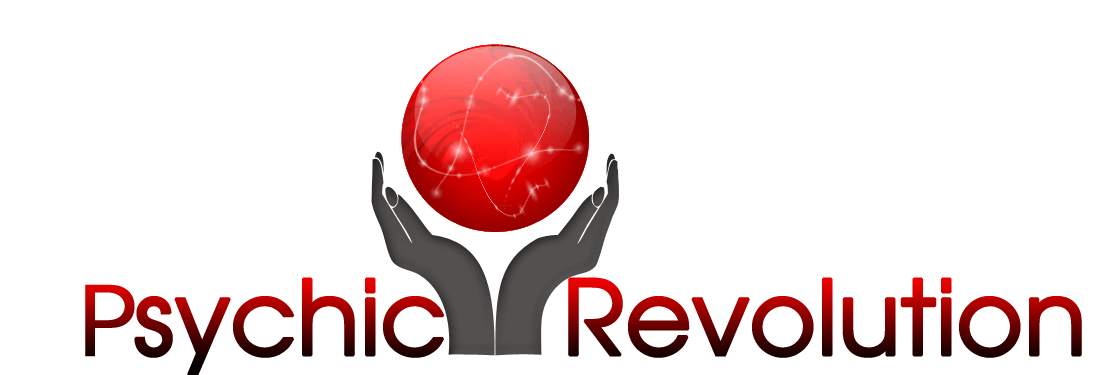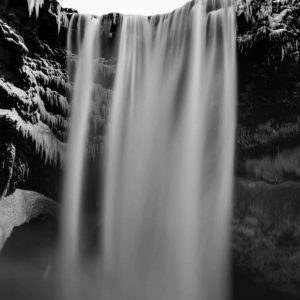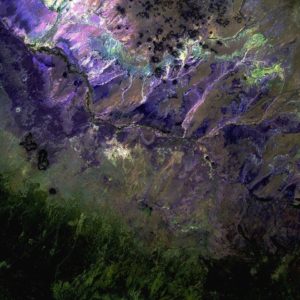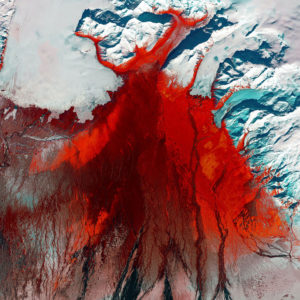Today, the paranormal is popularised by images of ghosts, messages from the dead and reports of objects flying around rooms – but it is so much more than all this sensationalised hype. The paranormal is at the heart of what it means to be human, to be alive and to be dead! It seeks to challenge us to look at who we are, why we are here, and what are our beliefs about life itself, life after death, life before birth, even life between life!
The paranormal challenges us to question what we know about consciousness – not only human consciousness but all living consciousness (very little, apparently). What do we know about death (not much that the experts agree on, least of all when it actually happens)? What about the reports of levitating spirits and unearthly calm that occur at that moment of some deaths (but not all)? Is there a step-by-step process of preparation that takes place before the final encounter (a new area of study)?
Do memories pass from one life to the next (reincarnation is widely accepted in some cultures, but not others)? If this is the case, then what is actually transferred, and how (personal genetics and human consciousness spring to mind)?
Yes, the paranormal is exciting but for so many more reasons than those that first spring to mind.
The paranormal is at the very heart of who and what we are. The study of the paranormal embraces the phenomena that cannot readily be explained by the laws of science and in my studies specifically this includes deja vu, apparitions, near death experiences, out of body experiences,psychokinesis, premonitions, auras, mediumship, reincarnation, and telepathy.
So, what do we mean by these phenomena? Recently I completed a Master’s Degree at Monash University in Melbourne Australia and the topic of my dissertation was the paranormal, or more correctly parapsychological experiences. My thesis was based on the results of an online survey and to gather responses I needed to define what it was that I was studying.
* telepathy is defined as mind-to-mind communication;
* precognition or premonition refers to the experience in which information about the future is obtained without the use of the five senses;
* clairvoyance or remote viewing encompasses the phenomenon whereby current information is obtained without using the five senses (ESP is a general term which encompasses telepathy, precognition and clairvoyance);
* psychokinesis(PK) refers to the ability of the mind to impact living and non-living entities;
* near-death episodes (NDE) are reported by people who have been brought back from the brink of death;
* out-of-body experiences (OBE) occur when the mind’s awareness is external to the physical body;
* reincarnation applies to the recall of events, people and places from previous lifetimes;
* hauntings include apparitions, and unexplained sounds and movements of objects, which are associated with particular locations;
* poltergeists which are a type of PK that may depend on the presence of some individuals who unwittingly produce the disturbing effects. More recently, poltergeists have become specifically linked to the presence of adolescents and children.
Some of the earliest reports of parapsychological phenomena are to be found in the ancient spiritual texts – The Egyptian Book of the Dead, and the Talmud, Bible, Koran, and the Kabbalah – and in the writings of the early philosophers such as Homer, Socrates, and Aristotle. Historically, the remarkable events in these texts have tended to be attributed to divine powers but more recently people have begun to question these teachings.
What, for example, is the difference between prophecy and premonition? Are miracles and psychokinesis symptomatic of the same thing? Is hearing the voice of God a type of clairvoyance? Are these the same experiences but under different names?
In some corners of academia, there are quiet rumblings to have these, and other matters involving the paranormal looked at more closely – but be warned. Studying the paranormal is a career-limiting move. Today, there are few parapsychologists in the world (under 50, at the last count) and even fewer who make a living from their expertise. Studying the paranormal is still regarded as more of a retirement hobby than a career choice!
The well-practised tradition of reporting paranormal phenomena continues today – in books, films and the media but with one very powerful addition – the internet. More and more, those who encounter the scientifically unexplained in everyday life are turning to cyberspace to make sense of what has happened to them. Some need reassurance; others are searching for like-minded people. Today, the paranormal is openly and freely discussed across websites, on blogs and in chatrooms. Yet, remarkably, very little formal research has been carried out on these everyday paranormal experiences.
In stark contrast to the abundance of paranormal self-reports on the web there is a noticeable shortage of contemporary research on spontaneous parapsychological phenomena. Unlike most academic research, my paranormal study was open to everyone aged 18 years and over (according to university ethical guidelines). Participants were self-selecting – believers, non-believers, paranormal experients and sceptics – all were welcome. All that was needed was an ability to speak English, access to the internet and a willingness to participate. As this was the first time such a study had been conducted it was impossible to know at the outset how many participants there would be. Fifty? A hundred? A thousand? Maybe more?
Over 4,000 people stormed the survey website to document their paranormal experiences and while the majority of the participants were from the United States of America, Australia, United Kingdom, and Canada nearly 60 countries were represented. More women than men participated, but that ratio was closer than most people would have guessed – 60/40. The majority of the participants were in the 18-35 year age range but they were closely matched by the 36-55 year olds.
Some results were predictable: spontaneous parapsychological experiences appear to be universal, and not limited to adulthood; deja vu was the most widely reported experience; and very few people reported experiencing near death episodes. Other results were far more surprising including the (statistically significant) tendency for women to report experiences of deja vu, apparitions, out-of-body experiences, auras, mediumship, reincarnation, and telepathy. Conversely, why do men and women equally report incidences of psychokinesis? Why did some countries report more of certain types of phenomena than others? And, why all the references to the female bloodline?
The survey raised as many questions as it answered!
The second round of the survey is now open.
If you haven’t already completed the Paranormal Phenomena Survey please spend a few moments doing so.
My aim is to gather the largest database of information on spontaneous paranormal experiences.
I believe that the study of the paranormal is in fact the study of the essence of life. Do you agree?
Please continue the paranormal phenomenon conversation below.






I am one of those people who the paranormal is normal.
I just thought everyone knew what I knew until I was older and was told that there wasn’t anyone standing by my bed watching me. I could see but my parents couldn’t. What then happens is you shut down.
What opened me up again was a melt down in my life. Again its still not something I freely speak about to just anyone.
I agree that that the study of the paranormal is in fact the study of the essence of life.
Hi Carole
You are just the type of person we like to have here on the blog. My personal philosophy regarding the paranormal sees me not using the word belief and not feeling the need to either convince others or evangelize about the existence of the unseen.
I take the paranormal in general ‘as read’ and for me it is more a case of ‘so what’, ‘now what?’
We’ll be glad to have your experiences and for you to share your thoughts on Psychic Revolution, as and when you feel inclined Carole.
And, as you know your childhood experiences are not unusual. Children seem to be born open and we tend to close as we age – and then maybe it is that more of us open later in life too. That is a happy thought for me.
Cheers
Rosemary
Thanks Rosemary
It did take me years to open up again after some rather unusual experiences.
Before dreaming my therapy I could see and hear so much I actually thought I was going mad.
I knew nothing about angels but kept hearing names, books became my way of life to confirm what I already knew and what I was hearing was correct.
I was raised an atheist because of my mothers horrific dealings with a Catholic priest as a child.
Carole
I’m so sorry to hear about your mother’s abuse at the hands of a priest. The travesty is that it, and the cover up continues today.
You raise the point that will probably be debated for a long time to come – is there a connection between the paranormal and religion and the paranormal and the spiritual? It seems some move towards religion after paranormal experiences; others move away. Some people believe they don’t experience the paranormal because they’re not spiritual etc etc. etc.
Id be interested in knowing a bit more about what you mean by “before dreaming my therapy”. Rather than speculate what this means I’ll wait to hear.
Cheers
Rosemary
Funny you should say, is there a connection between the paranormal and religion and the paranormal and the spiritual……….
I have two brothers brought up in the same household as myself. My youngest brother had a paranormal experience and turned to Religion; the other brother is still an atheist today.
I, myself, am nothing, meaning I don’t believe in spirituality, as a word, but I believe in God and Jesus but not religion.
Christianity, again I don’t like the word because of past misdemeanors of the so called Christians.
I hope this last part isn’t to confusing………
I will perhaps tomorrow between clients write and tell you about dreaming my Therapy.
Carole